Level 3 Commerce
13COM Subject DescriptionTeacher in Charge: Ms S. Lamond, Mr N. Tully.
Recommended Prior LearningNone.
Previous study at Levels 1-2 is helpful but not essential.
While successful study of year 12 Commerce is not crucial for Scholarship, it will help.


Commerce at level 3 NCEA will allow students to complete an in depth study of microeconomic concepts (Theory behind business, particularly Marketing). This involves free market economics including a study of Supply and Demand including Elasticity, Allocative Efficiency, Marginal Analysis and Market Failure.
Specific topics of interest could include the housing supply and house prices, supermarkets and abuse of market power. Environmental economics and inequality will also be covered.
Motivated students can continue with a more practical Business Studies course or complete the YES programme by carrying out a business activity, including completing a marketing plan and a full business plan.
Economics and Business are both approved subjects* for University Entrance and can lead to further study in Commerce, Politics, Arts, Law and many other fields or may just be taken for interest.
*See assessment information, 14 credits needs to be gained from Economics or Business not both.
To assist with course planning please indicate if your preference is to focus on Economics or Business.
Learning Areas:
Assessment Information
Students will complete between 14-20 Level 3 Economics or by negotiation 9-16 Level 3 Business Credits or a combination of Business and Economics credits.
To use this course for University Entrance, students will need to achieve 14 credits from either Level 3 Economics or Business Studies.
This course is eligible for subject endorsement.
Scholarship Economics is an option for students who desire acceleration. To assist with Scholarship preparation there is the option to complete ECON 199, a university paper from Canterbury University. This is funded by the STAR program and is subject to meeting entry requirements. Interested students should speak to Mr Tully and Ms Meulenbroeks.
Cook, Mining Engineer, Actuary, Statistician, Baker, Hotel/Motel Manager, Cafe Worker, Debt Collector, Butcher, Waiter/Waitress, Cafe/Restaurant Manager, Urban/Regional Planner, Kitchenhand, Chef, Elected Government Representative, Sales Representative, Accountant, Auditor, Finance Manager, Receptionist, Advertising Specialist, Sales and Marketing Manager, Agricultural/Horticultural Consultant, Retail Manager, Insurance Loss Adjuster, Bank Worker, Farmer/Farm Manager, Property Manager, Buyer, Contact Centre Worker, Motor Vehicle Salesperson, Managing Director/Chief Executive, Insurance Claims Officer, Communications Professional, Event Manager
Contributions and Equipment/StationeryIf doing level 3 Economics:
An exercise book/refill/clear file for notes and practice exercises. A ruler and calculator.
Economics Workbook used in class: Level 3 Economics LWB by Philip Jellyman $28-30
If doing Level 3 Business:
An exercise book/refill for notes and practice exercises & a personal laptop.
Start up capital. Students are likely to need to contribute personal funds to their business group. Other sources of finance can be via fundraising, loans, or seed funding applications.
YES Fee: For groups that wish to be involved in the Young Enterprise Scheme there is a $35 fee per student. This is an optional activity. YES also has a tax on end of year company profit.
EOTC: 1-2 Half day field trips to a local business/organization. Cost: Bus/Train fare